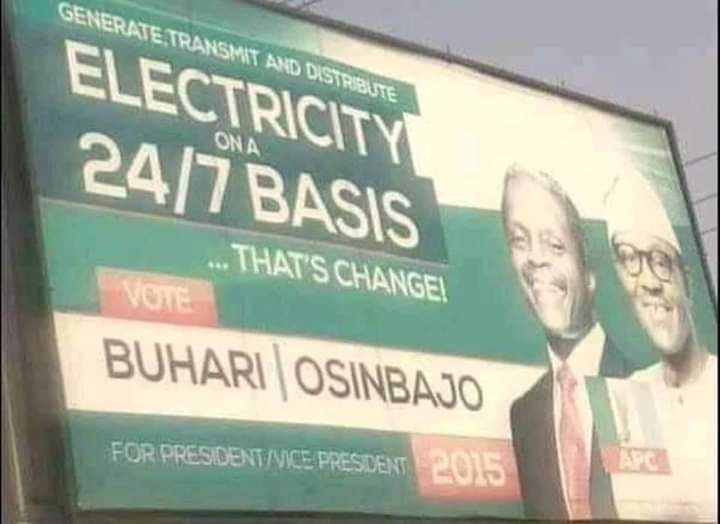As policy and counter policy directives continue to frustrate the Nigerian power sector, former Chairman of the Nigerian Electricity Regulatory Commission (NERC), Dr Sam Amadi has argued that any plan to jerk up tariff without significant improvement in power supplies would hard to administer.
Speaking in an interview, he stressed that “If we keep harping on tariff increase without significant improvement in power supply, we will ruin the collection efficiency of the discos as customers will revolt and our political economy will weaken in the face of public protests.”
According to him, “The liquidity crisis in the sector is very deep. The error is to think it can be filled by quick tariff increase. Of course, we need an improved tariff but the much ado about tariff increase is misplaced. Some level of tariff increase can actually worsen the situation by increasing collection losses and energy theft.

“We need to be strategic. Increase tariff appropriately but improve service and transparency in billing and customer service more. The answer to liquidity problem is more on the supply side. Discos should invest more on reducing losses and improving power supply through embedded generation.
“They need to sell more power and be more efficient in connection and collection. Banking on using tariff to improve liquidity in the short to medium term is illusory in this sector as it stands today.
Assessing the performance of the Meter Asset Provider (MAP) initiative, the former NERC boss while noting that “I don’t have enough information to assess the success or failure of the MAP,” he revealed that “From the stories I received every day from customers of discos, I know that metering remained as bad or even worse.”
“Some of the MAP firms have one complaint or another. Anyway, all regulatory interventions suffer initial crisis. It is for NERC to re-assess the scheme and tweak it to address some of the shortcomings. That’s why we say that regulation is iterative; you study what is happening and reorganize errors of omission and commission and fix them. We should not be discarding policies that face challenges.
Dr Amadi was however optimistic that “CAPMI would have succeeded massively if we kept faith with it. But it was thrown away precipitately. We should not be in a hurry to throw away MAP. Let’s work hard on it; change what needs to change and enforce more rigorously the provisions of the scheme.”








